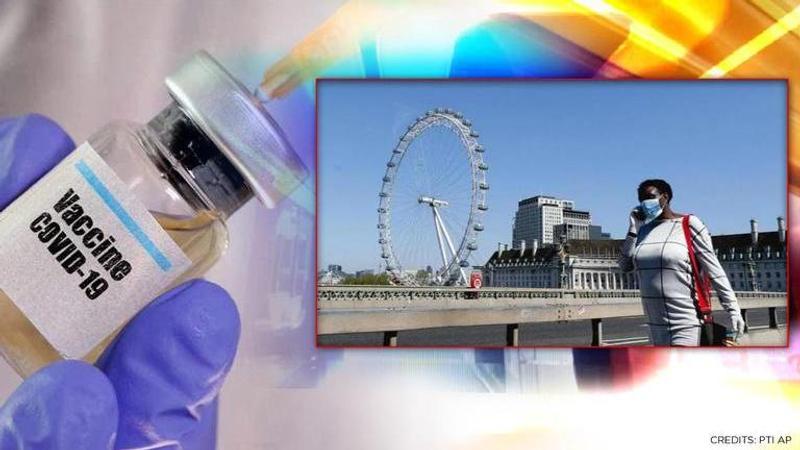Published 15:52 IST, December 17th 2020
COVID-19: Ethnic minorities, low-income people less likely to take vaccine, reveals survey
As UK began mass vaccination campaign, a survey found the people from ethnic minority backgrounds or with lower incomes are less likely to take COVID-19 jab.

As the UK began mass vaccination campaign, a recent survey found the people from ethnic minority backgrounds or with lower incomes are less likely to take the coronavirus jab. A new study commissioned by the Royal Society for Public Health (RSPH) said that while three-quarters of those polled would take a COVID-19 vaccine, the figure fell to 57 per cent among Black people and those from Asian and ethnic minority backgrounds. The recent survey has now raised concerns about whether the jab would reach the communities that have been hit disproportionately hard by the unprecedented pandemic.
According to the research, the RSPH found that three in four, i.e., 76 per cent, of the British public would take a COVID-19 vaccine, with just eight per cent stating they would be very unlikely to do so. The body said that the study “revealed significantly more hesitance among lower-income groups” as well, with 70 per cent of lowest earners likely to agree to the jab, compared to 84 per cent of highest earners. The survey noted that the reluctance among the minority groups has been exacerbated by misinformation and anti-vaccination campaigns on social media.
Christina Marriott, chief executive of the RSPH, said, “We have known for years that different communities have different levels of satisfaction in the National Health Service. More recently we have seen anti-vaccination messages have been specifically targeted at different groups, including different ethnic or religious communities”.
She added, “But these are exactly the groups which have suffered most through COVID. They continue to be most at risk of getting ill and most at risk of dying. So, the government, the NHS and local public health must rapidly and proactively work with these communities. And their most effective ways of working will be with the local community groups”.
Concerning, but unsurprising
Previous studies have also shown that Black people and ethnic minorities are most ay risk of contracting and dying from the virus, as a result of genetic conditions such as diabetes as well as socio-economic circumstances such as living conditions and occupations. The recent survey, on the other hand, is not surprising in light of the past experience of the race of vaccines to the minority groups, but they appear to be particularly worrying as it suggesting vaccine may not reach communities that have been disproportionately impacted.
The report further highlighted the encouraging finding that BAME respondents who were not willing to be vaccinated were receptive to offers of further health information from their general practitioner. As per the survey, over one third said that they would likely change their minds and get the jab if given more information by their doctors about effective it is. the RSPH said that the recent survey found that parents in minority ethnic groups were three times more likely to reject the vaccine for themselves and their children than White parents. Moreover, the polling revealed significantly more hesitancy among lower-income groups.
(With inputs from PTI)
Updated 15:50 IST, December 17th 2020




